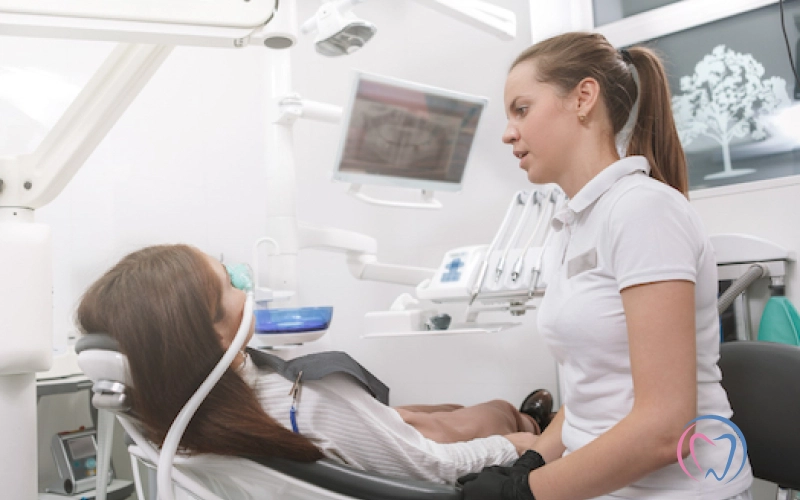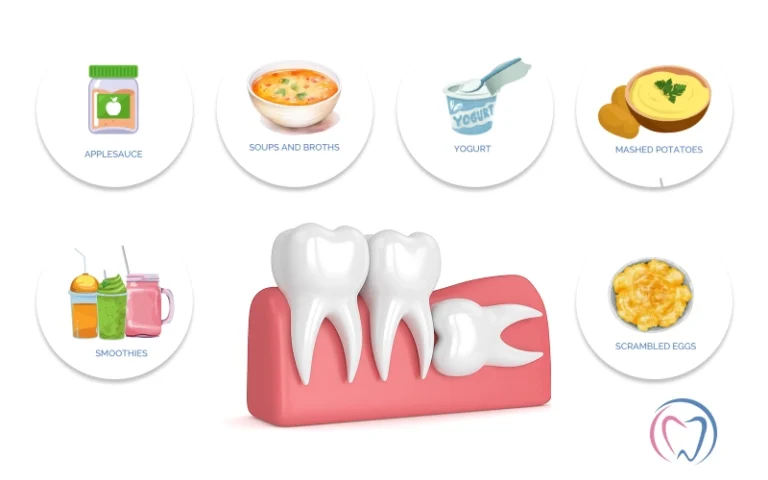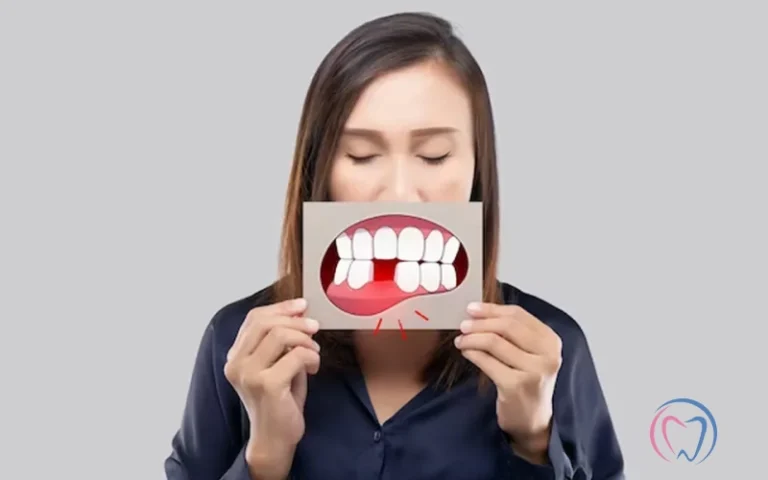Dental procedures can cause anxiety among patients, which can make it difficult for them to receive the necessary treatments. To ensure that patients stay comfortable and pain-free during dental work, general anaesthesia is often utilised. However, for many one question remains unsolved, what is the cost of general anaesthesia for dental work? In this blog, I’m going to share my experience on this topic.
What is general anaesthesia?
General anaesthesia is a medical procedure that leads to a temporary, controlled state of unconsciousness. Local anaesthesia, which numbs a particular area, is different from general anaesthesia, which affects the whole body and is typically given via an intravenous line or inhalation.
In dental procedures, this is employed for complicated surgeries or for patients who experience severe anxiety or discomfort.
Benefits of general anaesthesia
- General anaesthesia is advantageous due to the complete lack of sensation during the procedure. The dentist can perform complex procedures without interruption, as this ensures that patients do not experience pain or discomfort.
- Many patients experience dental anxiety or phobia. With general anaesthesia, they can undergo the required treatment without the stress or panic they might typically feel in a dental chair, which can alleviate their fear.
- Time efficiency – The duration of a dental dental procedure can be reduced by using general anaesthesia. When patients are fully relaxed and pain-free, dentists can work more efficiently, potentially performing more complex work in one appointment.
- General anaesthesia can make cooperation easier for certain procedures, especially in children or individuals with special needs. Patients who are unable to remain still or follow instructions can remain calm and still, resulting in safer and more effective treatment.
- The duration of treatment for complex dental work, such as multiple extractions or extensive restorations may vary. Dentists can reduce the amount of visits needed by addressing multiple issues in one session with general anaesthesia.
- General anaesthesia typically results in a smoother recovery for patients because they are not awake to experience the discomfort immediately following surgery. This can reduce anxiety about post-operative pain management.
Factors that affect the cost of general anaesthesia
- Type of procedure – The cost of general anaesthesia can have a significant impact on the dental procedure being performed. More complicated surgeries, such as wisdom tooth extraction or dental implants, may necessitate a longer anaesthesia administration and thus, higher costs. Anaesthesia fees may be less associated with simpler procedures.
- Duration of anaesthesia – The cost is directly influenced by the duration of a patient’s general anaesthesia. Longer procedures will lead to higher costs because anaesthesia is billed per hour or part thereof.
- Anesthesiologist fees – The overall cost can change depending on the anaesthesiologist’s experience and qualifications. Despite their higher fees, anaesthesiologists with more experience can still provide a safer and more comfortable experience.
- Facility fees – The dental facility where the procedure is conducted will require a fee for the use of their equipment and staff. It is common for facilities equipped for general anaesthesia to have higher overhead costs, which can result in increased patient charges.
- Preoperative assessments – To assess their medical history and potential risks before undergoing general anaesthesia, patients may need a preoperative assessment. These assessments often come with additional costs.
Typical cost range
The cost associated with general anaesthesia for dental work can vary widely, typically ranging from 500$ to 2000$ or more.
- Simple dental procedure – In cases where general anaesthesia is necessary for root canals or fillings due to anxiety or specific medical conditions, costs may be on the lower end, with a range of around 500$ to 1000$.
- Complex surgeries – More complex surgeries, like wisdom tooth removal or dental implants, can have costs that can range from 1000$ to 2000$, due to their longer duration and complexity.
What you can expect during the procedure?
- Before your dental procedure, you will have an appointment with your dentist and anesthesiologist to discuss. The purpose of this appointment is to discuss your medical history, and any medications you are taking and address any concerns you may have.
- Before the procedure, you will be given instructions to refrain from eating or drinking for several hours. The dental team will prepare you for anaesthesia, which could involve placing an IV line upon your arrival.
- As soon as you feel comfortable, the anaesthesiologist will start administering the anaesthesia. You will enter a deep sleep and there won’t be any pain or memory of the procedure.
- To ensure your safety, your vital signs will be closely monitored during the surgery. The anesthesiologist will adjust the anaesthesia as needed based on your response.
- After the procedure, you will be transported to a recovery area where you will be monitored until the anaesthesia has worn off.
While the costs of general anaesthesia for dental work can vary, knowing the factors that influence the cost and recognizing the advantages of anaesthesia can aid you in preparing financially and emotionally. Having open communication with your dental provider about your concerns and options is key to ensuring a positive experience.
By planning and having the right information, you can effectively manage the costs of your dental care and focus on your health and comfort.







